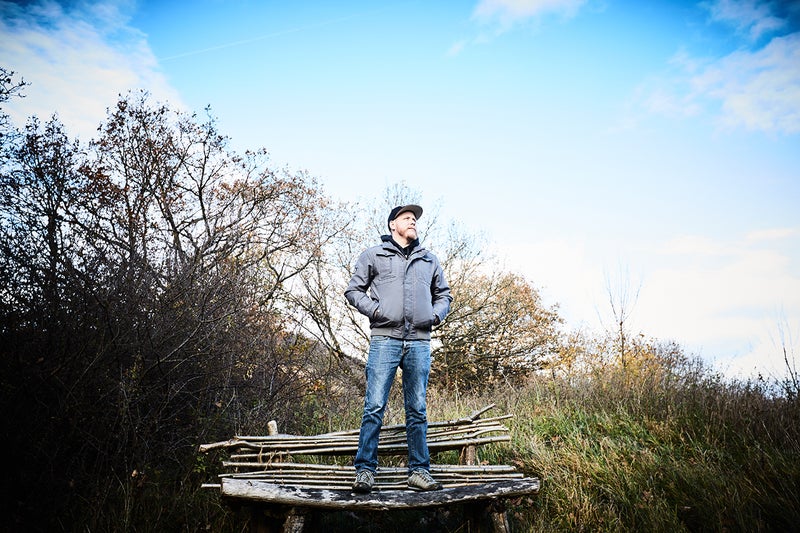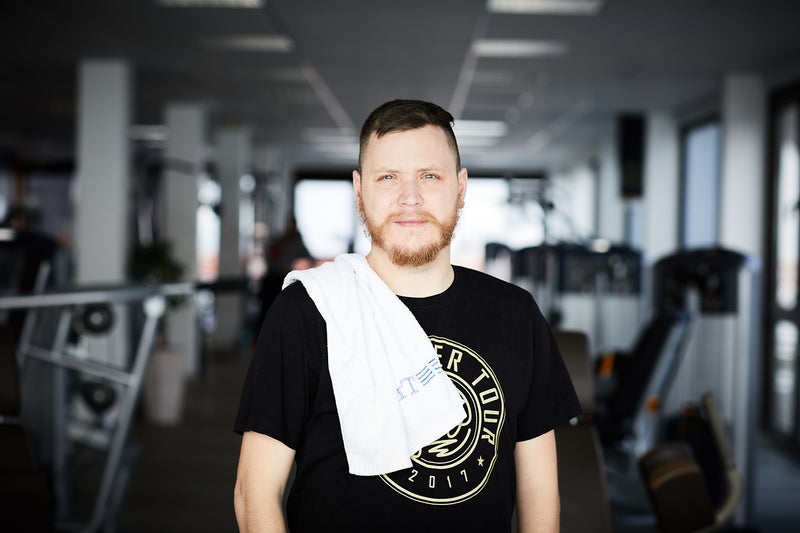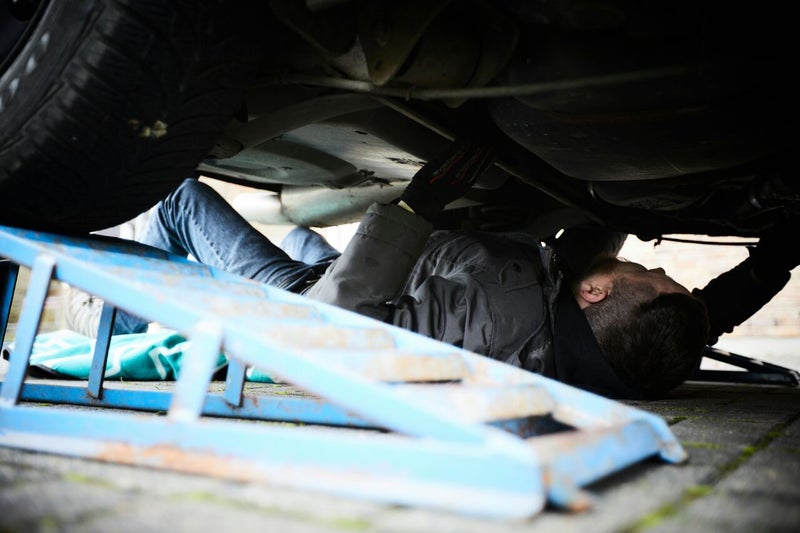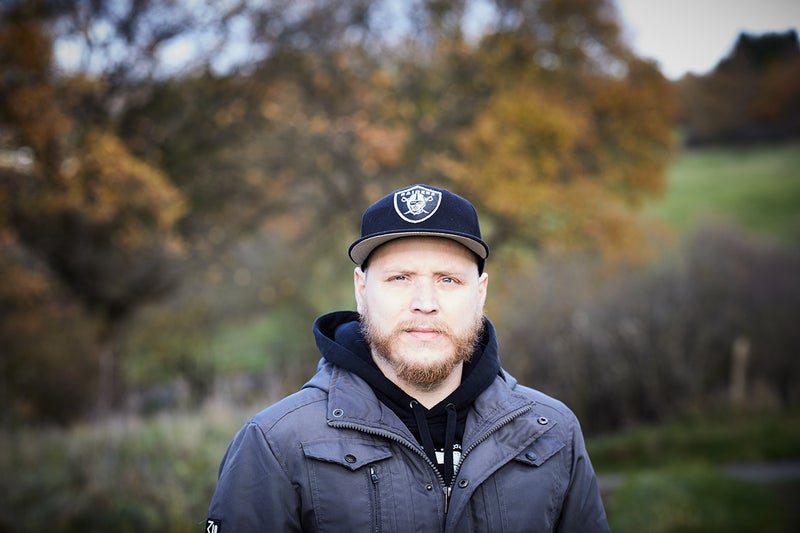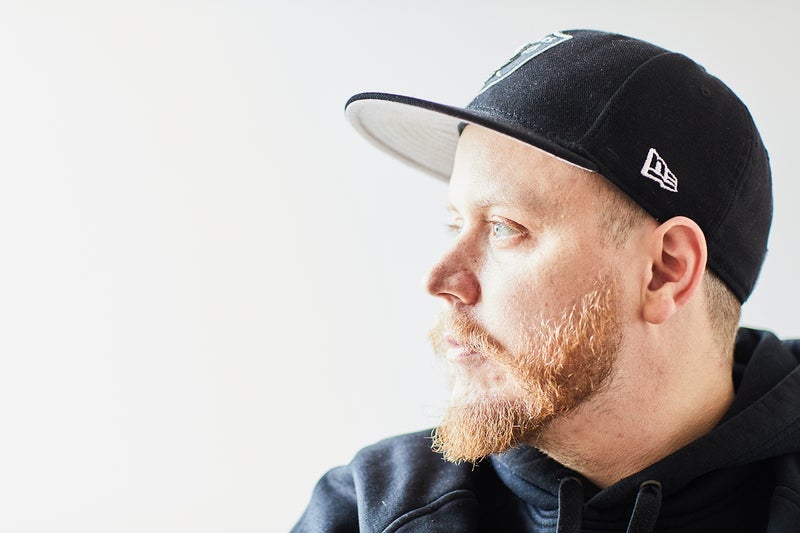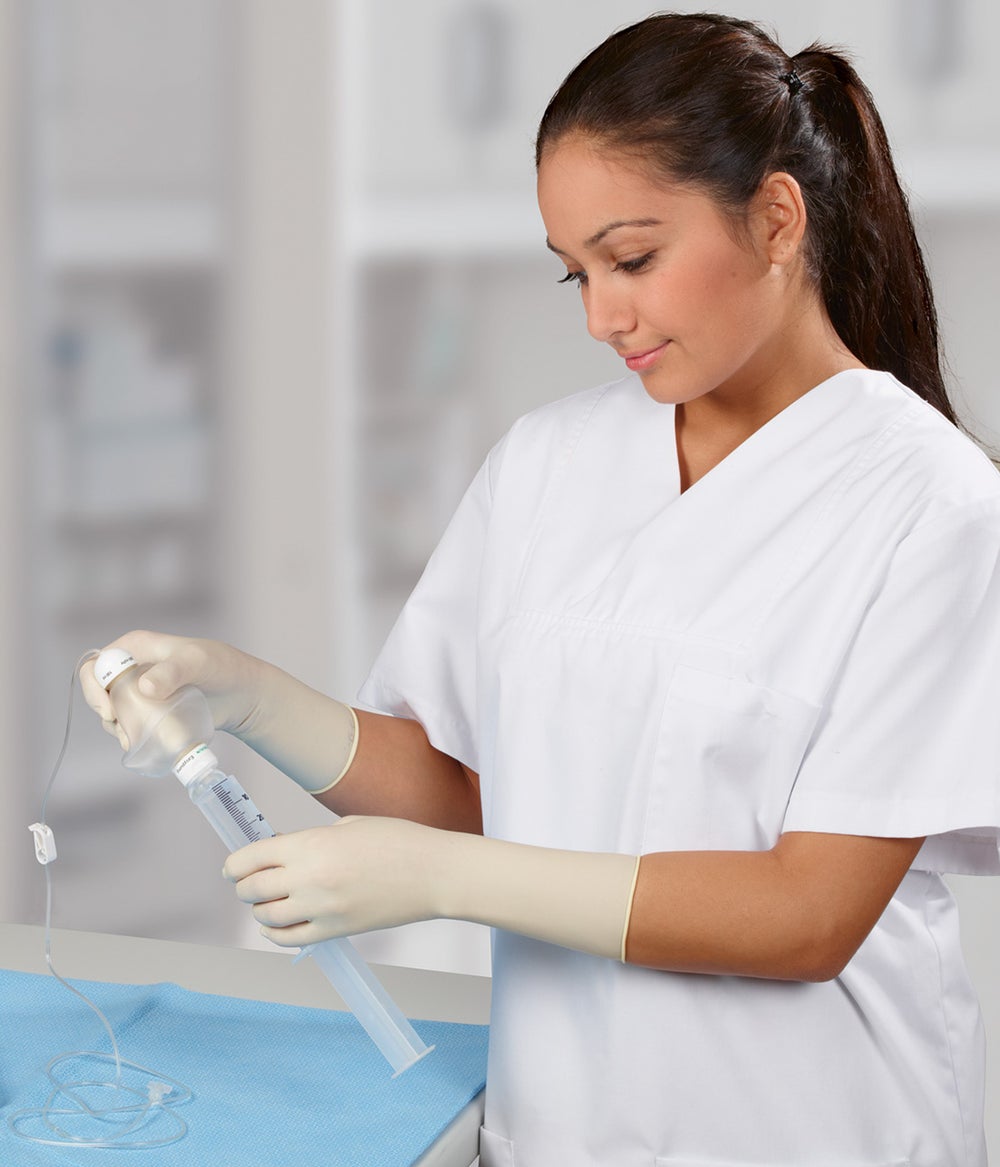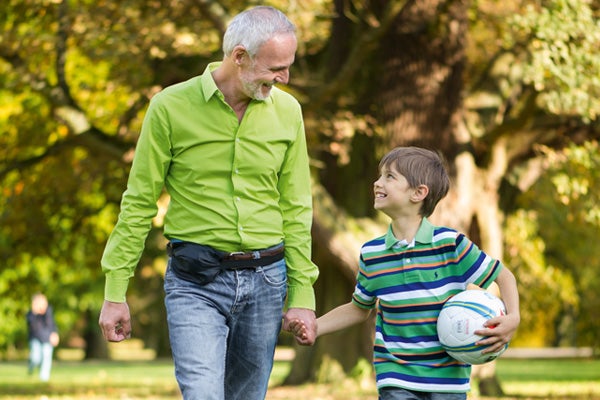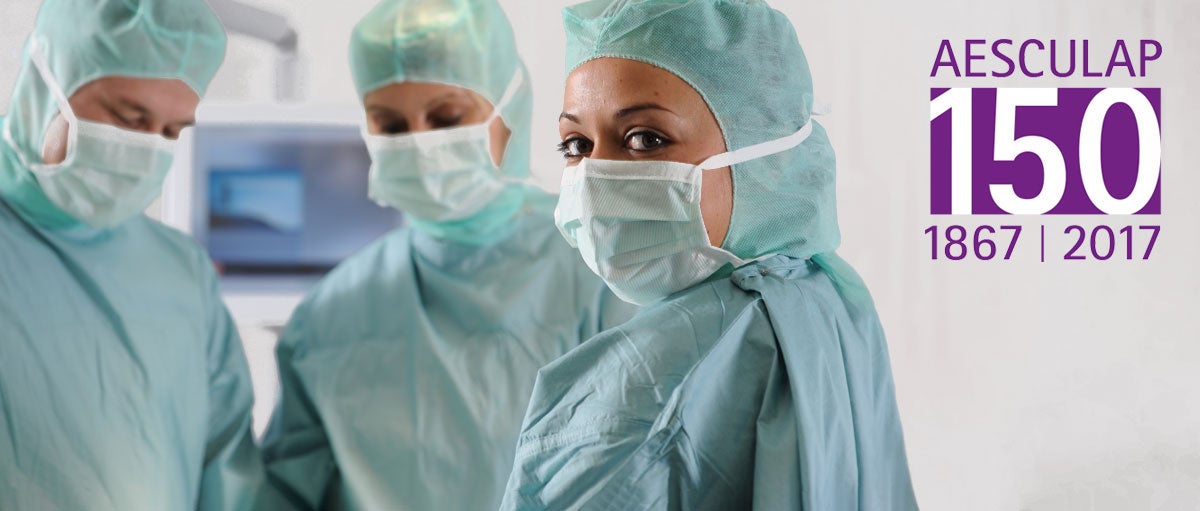My second first breath
Klaus-Dieter Maas has lived with cystic fibrosis since birth. Initially his life expectancy was just 14 years. Find out what kept him alive and how he overcame his biggest. fear.
The call came on the morning of December 31, 2015. At this time, Klaus-Dieter Maas living in the Eifel region in Germany was 30 years old. The doctors had given him a maximum of twelve months to live. Still, up until this point there had been nothing unusual about this day: he was in hospital - as he so often was. The antibiotics were not working - as they so often did. His lungs were severely affected - as it had been the case for a long time now. When his mobile phone rang, it was 9.00 am. Klaus looked at the display. He didn’t recognize the number. Was this the phone call he’d been waiting for the past eight months? As he answered a voice said, "Mr. Maas, we have a lung for you. Are you ready?"
By this point, Klaus had already gone through this moment hundreds of times: with his doctor, with his mother, with his friends and by himself. Sometimes he’d waken up in the night, thinking his cell phone was ringing. Klaus knew the procedure inside out. He knew this call was all about whether he was ready to undergo transplantation. He knew that he had the right to say no at any time. He also knew the chances of surviving the transplantation were 50 %, and he heard himself saying,"Yes, I’m ready." Something inside had switched over to autopilot, and a few minutes later he found himself climbing into a helicopter which would take him to the specialist clinic in Gießen. "Usually I'm scared of flying, but at that moment that was absolutely irrelevant," recalls Klaus, grinning under his baseball cap. Dressed in a hoodie and sneakers he looks like any other young man with bright, alert eyes and a friendly smile. You wouldn’t recognize that he has been suffering from cystic fibrosis since birth.
Responsibility for the illness
When his parents received the diagnosis, he was just eight months old. His average life expectancy at that time was 14 years - thanks to new treatment options, this has now increased to 47 years. "Nevertheless, cystic fibrosis is still an incurable metabolic disease," explains Klaus. It causes all the secretions produced by the body to be more viscous than they should be. "The mucus that forms affects the organs: for example, the pancreas and the liver, but especially the lungs. This is what I have as well. Mucus accumulates inside them, obstructing the oxygen supply." I grew up learning to accept responsibility for my illness. As a child, he didn’t experience any serious problems. Of course, he also had the typical symptoms, such as the high susceptibility to infection, a weakened immune system, and constant respiratory diseases. But that did not really affect him. He took medication for his mucosal accumulation and did a lot of physiotherapy. Two hours a day, everyday. Plus weekly trips from the Eifel region, where he still lives today, to his physiotherapist in Aachen, which cost him half a day. He grew up taking on responsibility for his illness. "It was not possible to let things slide." His pediatrician had already made that clear to him, "She was nice, but also rather merciless. She made no secret of the fact that, without absolute discipline, I was putting my life at risk."
As breathing became a problem
Nevertheless, the progress of the disease became relentless after he entered puberty. The infections became more frequent and protracted, as did the hospital stays. At one point, his lungs were so badly affected that he suffered from permanent shortness of breath. He could no longer leave the house without oxygen tanks. "But eventually I couldn’t even do that," recalls Klaus. That was the end of 2015. "I was just happy when I was reasonably free of infection and fever, and thanks to Easypump®, I didn’t have to go to the hospital for antibiotic treatment.” Thanks to his doctors, he’d learnt to administer the antibiotics at home intravenously, "That was a huge relief for me at the time," recalls Klaus. "I also wanted to help others to have more freedom in their lives. That's why I made a video detailing how it works and what things to look out for."
The will to live became stronger than the fear
As things became increasingly bad, Klaus became even more active in discussions with other sufferers via Facebook in a private cystic fibrosis group. "From there, I started to come across the subject of lung transplantations at every turn," says Klaus. His doctor had also repeatedly mentioned them to him. "I blocked that out for a long time," says Klaus, "and I guess I would have continued to do so if things hadn’t been so bad at the time." At some point, however, he had to face the facts: without a new lung, the next simple infection might cost him his life. "Then I realized that my will to live was stronger than my fear." And he needed that will to live because, "When I decided to go ahead with the transplantation, I was still very unlikely to survive the procedure due to my physical shape." So it became all about stabilizing my general condition. This included not only medical, but also social and emotional factors: patients undergoing transplantation must be involved intensively with this procedure and its possible consequences. They need a good environment, surrounded by the right people, and they have to be both physically and mentally stable. "And I really had the best support possible. Not just my doctors, my physiotherapist and my friends, but my mother in particular. I could rely on her a thousand percent: she was always there for me." This didn’t change on December 31, 2015, when he told her, "Mom, I'm getting surgery."
Eleven hours surgery
She couldn’t go with him in the helicopter, she drove instead, and when he was prepared for surgery, she was already there. We both knew that neither of us knew whether I’d make it. "We cried a lot, what else could we do? She said things like, you’ll be fine, but we both knew that neither of us knew whether I’d make it. But that was not important at that moment. The only important thing was that she was there." And then Klaus was operated on for eleven hours. He took his second first breath in a new year and a new life. Today he does things that he had not dreamed of before. Very simple things, like cooking with friends, fixing up the car or going to the gym. As well as earth-shattering things like falling in love, travelling to Amsterdam with his girlfriend and proposing to her. "When I asked her if she wanted to marry me, I was weak in the knees," but after all he’d been through, he knew you have to overcome your fear to reach the things you long for. "We have to deal with that if we want to live." He grins and scratches his beard, "Or when we propose to our loved ones." She said yes. The wedding will be in spring. And what’s next? "Just live," says Klaus.

